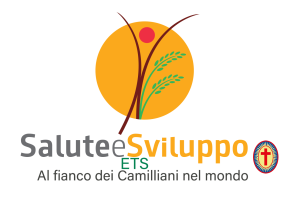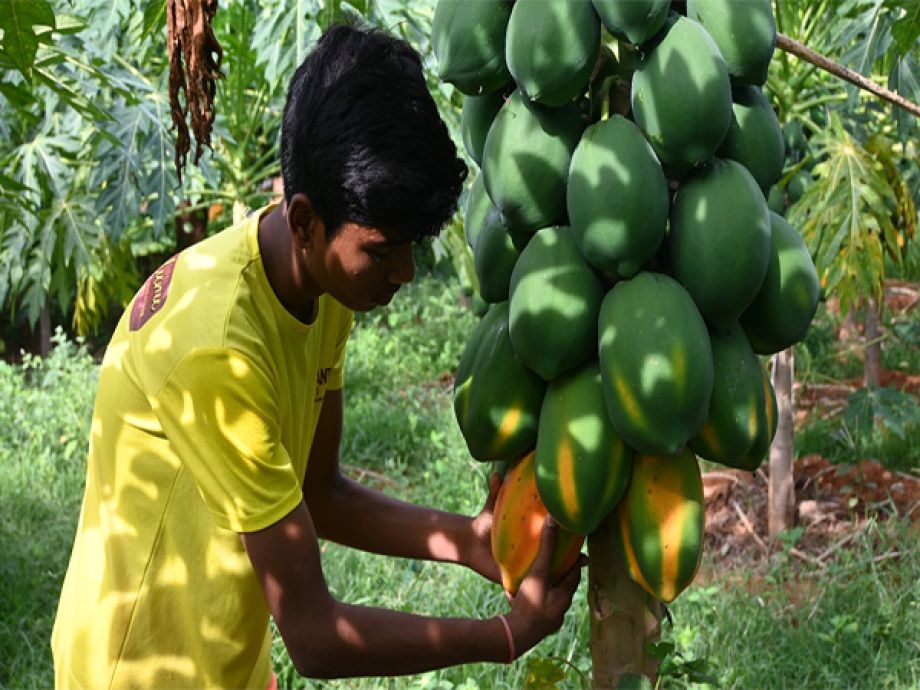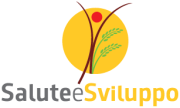THE FUTURE OF SNEHAGRAM
Towards the future of young people at Snehagram Centre Transition programme for independent life is the title of the third phase of the initiative that sees Salute e Sviluppo engaged in India to help HIV-positive children thanks to the contribution of the Catholic Church, which allocates part of the 8xMILLE of the total IRPEF revenue for charitable interventions in favour of the Third World.
HIV continues to be such a serious problem for India that the government, especially in recent years, has been pushing a massive education and prevention campaign. The results of this policy have been remarkable: in most of the territory, the percentage of new infections has dropped considerably. However, the number of HIV-positive children and young people who have been orphaned by this same disease and who risk a life of poverty and segregation still remains high: marginalised because they are considered infected and alone without relatives.
Sneha Charitable Trust (SCT) has been working for many years to welcome, care for and educate HIV-positive orphans, aiming at their full integration into society. Salute e Sviluppo, supported by the Conferenza Episcopale Italiana (CEI), assists the centre’s activities through a multi-stage programme, each of which refers to a specific age group. At the moment, the third project is underway, which focuses on young people aged 18 to 24 and aims to get them into work and achieve autonomy/semi-autonomy.
All children accommodated at Snehagram are encouraged to choose their subjects and activities according to their own inclinations. This enhances learning and allows specialisation in a specific field that can be their future employment and source of income. Some decided to specialise in agriculture, others in animal husbandry, others in IT or mechanics. Based on these fields of interest, the centre equipped itself with everything necessary to help the young people acquire effective practical training: fields were created, a greenhouse and a farm were built, seeds, fertilisers and various equipment were bought.
In addition to vocational training, a key part of the project is the construction of housing that will be allocated to each young person according to their chosen field of work and health status. Those who, over the years, have specialised in areas such as mechanics or IT need to be close to the city, as opposed to those who, working in the fields or on the farm, need to stay in their immediate vicinity.
Those who benefit from this project are both the 40 young people who, having grown up at the Snehagram reception centre, have become adults and need to become socially and economically self-sufficient; and the community, which will have a young and specialised workforce that can be employed in several professional sectors.
The stigma of HIV is still very much felt in India, and being able to integrate these young people into the social fabric, thanks to the technical skills they have acquired, means moving them away from the segregation and isolation that a disease like AIDS has as its direct consequences in some parts of the world.
Salute e Sviluppo launched this two-year project in 2018. During the first year, the set objectives were achieved and the deadlines were met. The advent of the pandemic in March 2020 made the smooth continuation of the programme impossible: all Snehagram’s activities were converted to cope with the COVID, which erupted violently in India, affecting most of the centre’s guests, workers and even local Camillians.
It was not until last autumn that all project activities could be resumed. At the end, we at Salute e Sviluppo will be proud to introduce you to the 40 boys from the Snehagram centre, who, thanks to the help of the CEI, can now look forward to a peaceful life fully integrated in their society and community.






